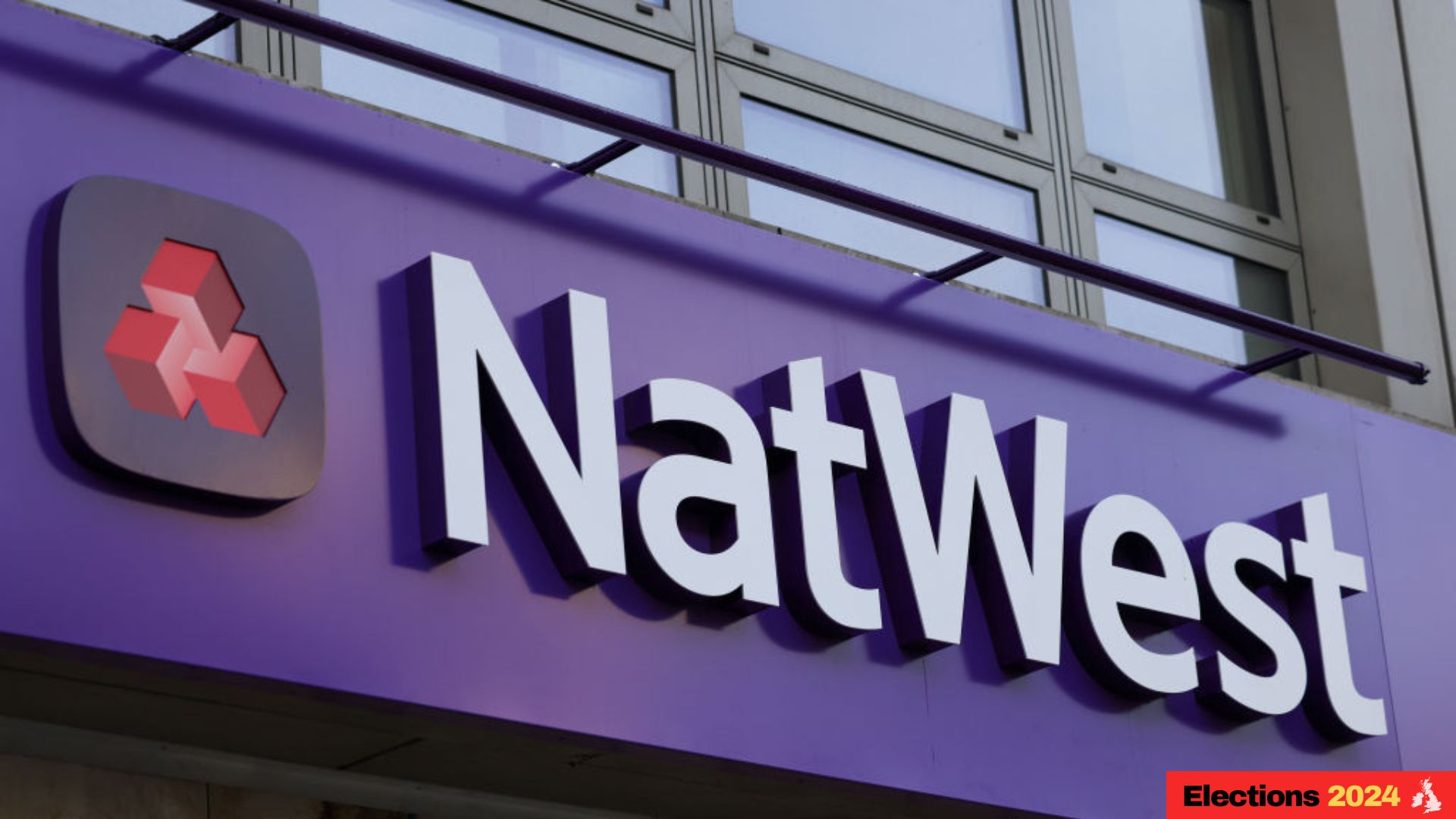NatWest public share sale scrapped, Reeves announces
Chancellor Rachel Reeves says a retail share sale of the bank would not ‘represent value for money’


Get the latest financial news, insights and expert analysis from our award-winning MoneyWeek team, to help you understand what really matters when it comes to your finances.
You are now subscribed
Your newsletter sign-up was successful
Want to add more newsletters?

Twice daily
MoneyWeek
Get the latest financial news, insights and expert analysis from our award-winning MoneyWeek team, to help you understand what really matters when it comes to your finances.

Four times a week
Look After My Bills
Sign up to our free money-saving newsletter, filled with the latest news and expert advice to help you find the best tips and deals for managing your bills. Start saving today!
Rachel Reeves has abandoned plans to sell the government’s remaining stake in NatWest to the public, saying it would not “represent value for money”.
The Labour chancellor said a retail share sale of the bank would now not happen as it would mean having to offer the public discounts worth hundreds of millions of pounds, which would be damaging for taxpayers.
The government has a 20% stake in the lender.
MoneyWeek
Subscribe to MoneyWeek today and get your first six magazine issues absolutely FREE

Sign up to Money Morning
Don't miss the latest investment and personal finances news, market analysis, plus money-saving tips with our free twice-daily newsletter
Don't miss the latest investment and personal finances news, market analysis, plus money-saving tips with our free twice-daily newsletter
A public sale would "not represent value for money, and it will not go ahead", she told MPs on Monday as part of a statement on public finances. She added: “It’s a bad use of taxpayer money and we will not do it."
Within that speech Reeves announced cuts to public spending worth billions of pounds, including restricting winter fuel payments to those on pension credit or other means-tested benefits.
Sarah Coles, head of personal finance at Hargreaves Lansdown, says: “The news that retail investors will be frozen out as NatWest shares are sold off is bitterly disappointing. Retail investors are all too often overlooked and yet they are important backers of UK companies, holding a greater proportion of their assets in the UK compared to the likes of pension funds.”
Postponement comes after NatWest beats expectations
The abandonment comes after profits at NatWest surpassed expectations in the three months to the end of June, pushing the share price of the state-backed lender more than 8% higher during early trading on Friday.
NatWest, which has been one of the FTSE 100’s best-performing stocks this year, notched up profits of £1.7 billion during the quarter, beating forecasts of £1.3 billion.
Within those results the bank, which was at one stage 84% owned by the state after a £46 billion bailout at the height of the financial crisis, also revealed it had spent £24 million on the previously shelved Tory government plans for a 'Tell Sid'-style public share sale. The costs were racked up to pay for advertising and preparations for sale, which had been due to launch in the summer before the surprise 4 July election announcement.
Earlier last week, high street bank TSB, which is part of Spain's Banco Sabadell, posted pre-tax profits of £111.6 million during the period, down 24.5% against the same six months a year earlier.
TSB said income was impacted by lower mortgage margins due to "challenging" market conditions in the face of high interest rates, while the company also paid out significantly more interest to its savings customers.
UK interest rates are currently sitting at a 16-year high of 5.25%, meaning mortgage rates remain high. As a result industry body UK Finance said that it expects total lending for house purchases to fall by a further 8% this year to £120 billion.
James Tatch, head of analytics at UK Finance, says: “We expect lending to remain weak in 2024, with a gradual improvement in affordability reflected in a modest increase in activity levels in 2025.”
Get the latest financial news, insights and expert analysis from our award-winning MoneyWeek team, to help you understand what really matters when it comes to your finances.
Chris is a freelance journalist, and was previously an editor and correspondent at the Financial Times as well as the business and money editor at The i Newspaper. He is also the author of the Virgin Money Maker, the personal finance guide published by Virgin Books, and has written for the BBC, The Wall Street Journal, The Independent, South China Morning Post, TimeOut, Barron's and The Guardian. He is a graduate in Economics.
-
 Can mining stocks deliver golden gains?
Can mining stocks deliver golden gains?With gold and silver prices having outperformed the stock markets last year, mining stocks can be an effective, if volatile, means of gaining exposure
-
 8 ways the ‘sandwich generation’ can protect wealth
8 ways the ‘sandwich generation’ can protect wealthPeople squeezed between caring for ageing parents and adult children or younger grandchildren – known as the ‘sandwich generation’ – are at risk of neglecting their own financial planning. Here’s how to protect yourself and your loved ones’ wealth.
-
 What’s happening to the NatWest share sell-off? Impact of general election 2024 explained
What’s happening to the NatWest share sell-off? Impact of general election 2024 explainedThe UK government has held shares in NatWest Group since the 2008 Financial Crisis. But a plan to sell off a large chunk of them appears to have been delayed.
-
 FCA tells banks to speed up savings rate increases
FCA tells banks to speed up savings rate increasesRecord profits and low savings rates spurred the FCA to meet with some of the UK’s top banks.
